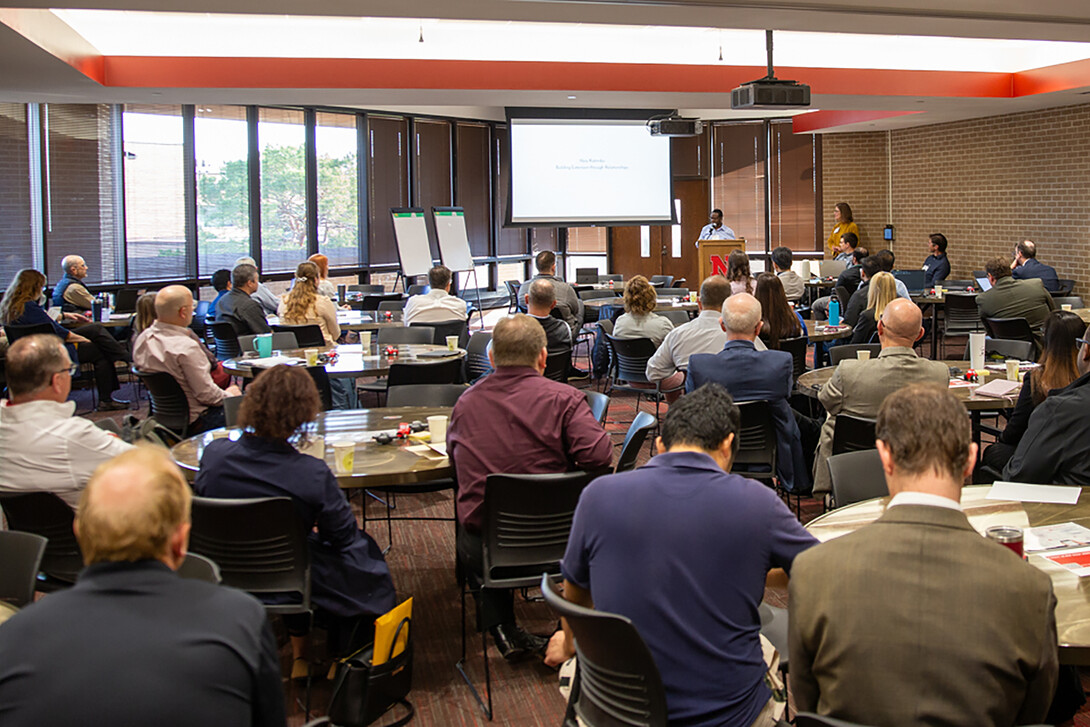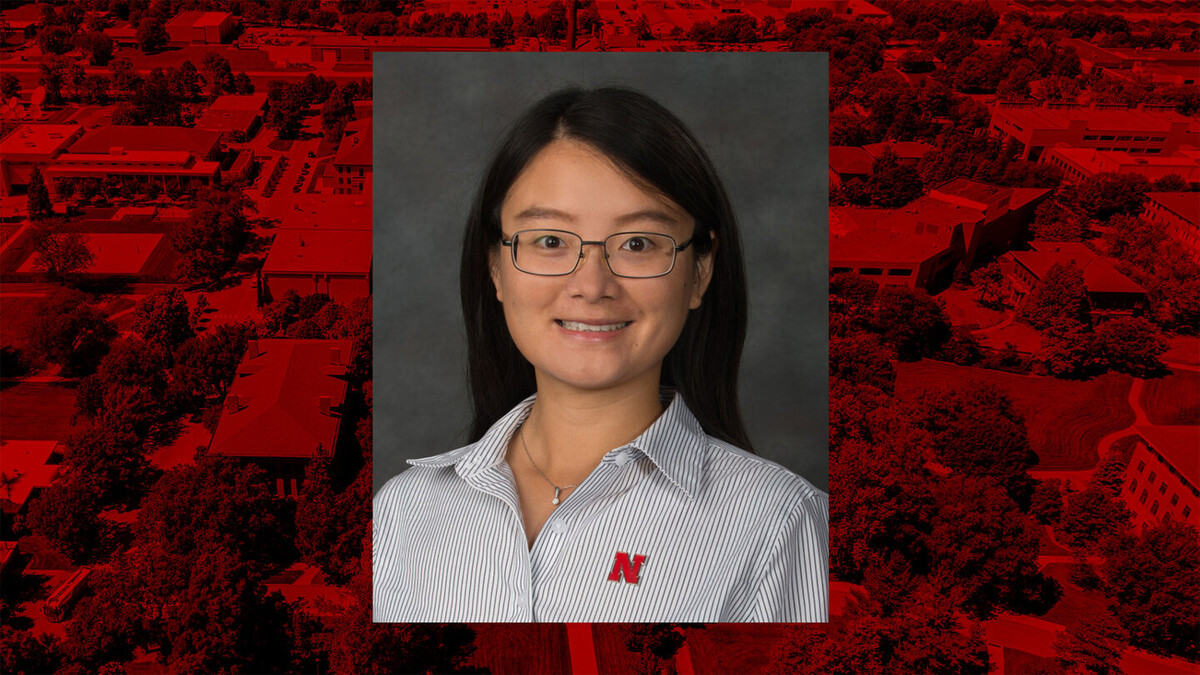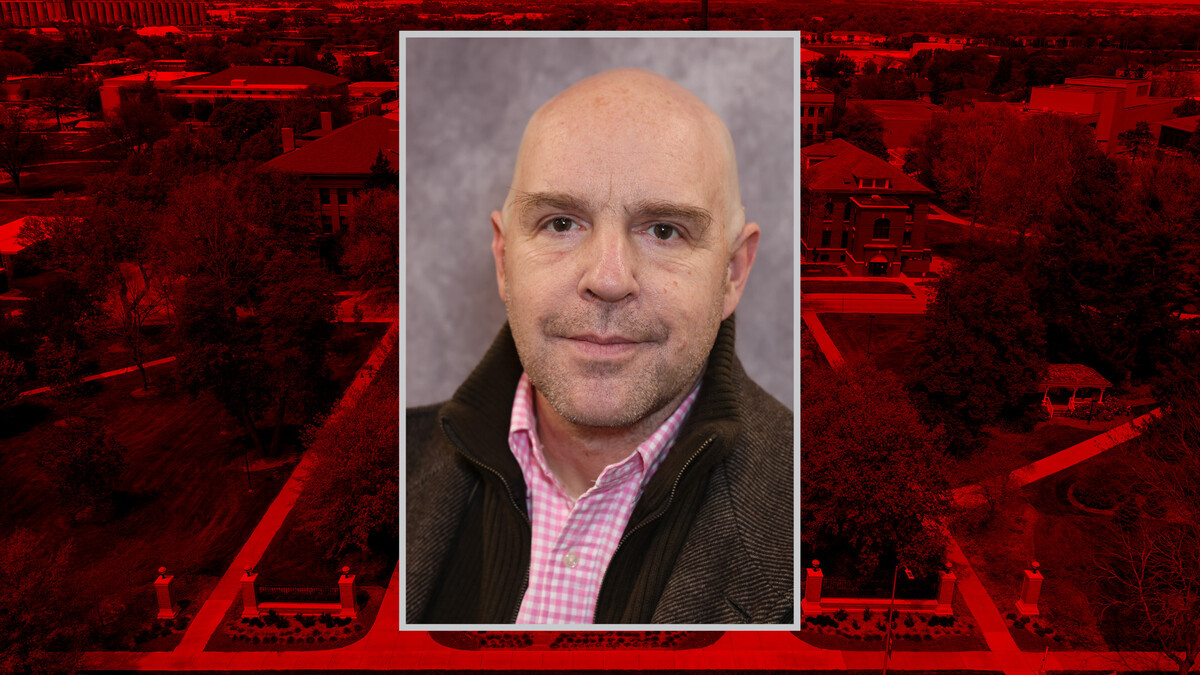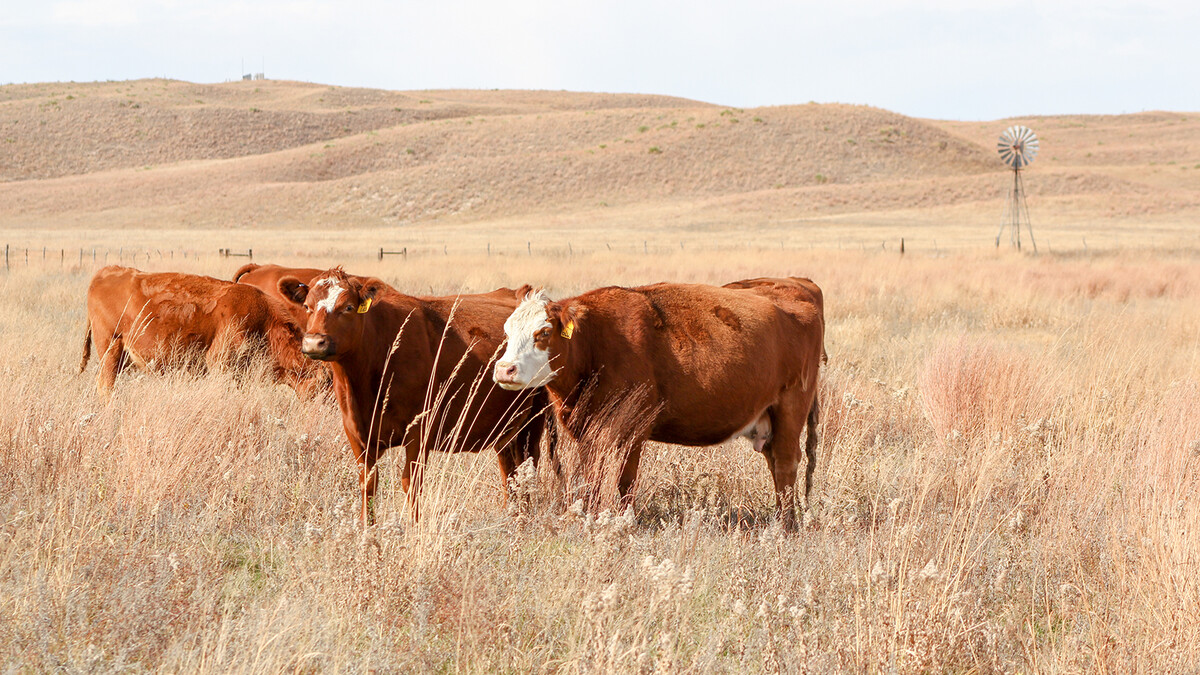
The future of learning and work is rapidly changing, presenting both challenges and opportunities for higher education, engineering, and technology.
On March 27, 2025, the University of Nebraska–Lincoln's department of Biological Systems Engineering hosted the second annual “Future of BSE Days” in Lincoln and Scottsbluff to engage all community stakeholders — including alumni, industry leaders, students, government officials, faculty and staff — in co-designing a vision for the future of the department and the profession.
The 2025 Future of BSE Days engaged participants in collaborative activities and dialogues focused on building an adaptive, regenerative and resilient department — one prepared to lead and continue positively impacting Nebraska and beyond.
More than 150 participants attended the workshops and sessions at the two locations.
During the first session, Jenny Keshwani, associate professor of biological systems engineering and associate head for extension and engagement, presented an overview of UNL's 156-year history, highlighting academia’s evolution — from its inception in the industrial age to its current operations in the information age — and the bold steps it must take to adapt and thrive in a new era she described as the "cognitive age," fueled primarily by advancements in artificial intelligence and automation that will transform all sectors of society.
Abia Katimbo, an assistant professor of biological systems engineering and irrigation management specialist, shared how his relationship-building-first approach in his extension program at West Central Research, Extension and Education Center helped him better understand farmers' needs — to facilitate greater adoption of technology solutions and assist farmers to save water and improve irrigation practices.
Derek Heeren, professor of biological systems engineering and associate head for academic programs, led the second session, focusing on academic programs, student success and retention, and learners' changing demographics and needs.
Heeren's presentation provided an overview of upcoming curriculum redesigns aimed at increasing hands-on learning opportunities throughout the programs. He further shared research pointing to a potential surge in demand for upskilling among working professionals. Current projections suggest that within the next five years, two-fifths of existing skill sets will be transformed or become outdated — an opportunity that, Heeren emphasized, UNL must be prepared to meet by teaching and supporting these learners.
The third session focused on creating meaningful partnerships across Nebraska's entrepreneurial ecosystem. Panelists in the third session were Alyssa Cave, director of entrepreneurship at the Nebraska Startup Academy; Ankit Chandra, research program manager at the Daugherty Water for Food Global Institute; Nipuna Chamara, research assistant professor of biological systems engineering; and John Strope, program coordinator at Nebraska Innovation Studio.
Santosh Pitla, professor of biological systems engineering and associate head for research and innovation, led the third session, highlighting the role of UNL research as a driver of economic growth through innovation and workforce development. He underscored the need to cultivate entrepreneurial thinking among researchers, incentivize venture creation, and strengthen partnerships to unlock Nebraska's research potential further.
This idea was reiterated by Strope, who, while an Alabama native, said, "I keep returning to Nebraska because it is good at having a practical, hands-on mindset toward solving problems."
The afternoon sessions featured focused workshops centered on UNL’s Biological Systems Engineering Department's pillars of excellence: Smart and Autonomous Biological Systems; Precision Irrigation Systems; Sustainable Engineering Systems; Biomedical Engineering, Health and Safety Systems; and Education Innovation. These smaller sessions provided more focused conversations with strong input from industry and other external stakeholders.
Several initiatives have been launched following insights from Future of BSE Days. One of them is the release of the Irrigation Educator GPT by Derek Heeren, a smart assistant designed to help students, producers and agricultural professionals make better irrigation decisions. It is based on credible sources, such as the "Irrigation Systems Management" textbook.
In addition, the Biological System Engineering department announced that it will host a summer "AI Town Hall" for biosystems and agriculture, which will be held every other Friday at noon in Chase Hall, East Campus. The next town hall is on June 6.
A detailed report on the 2025 Future of BSE Days Event, featuring a complete list of represented industry and government organizations along with key insights, will be published on the Biological System Engineering department website.







